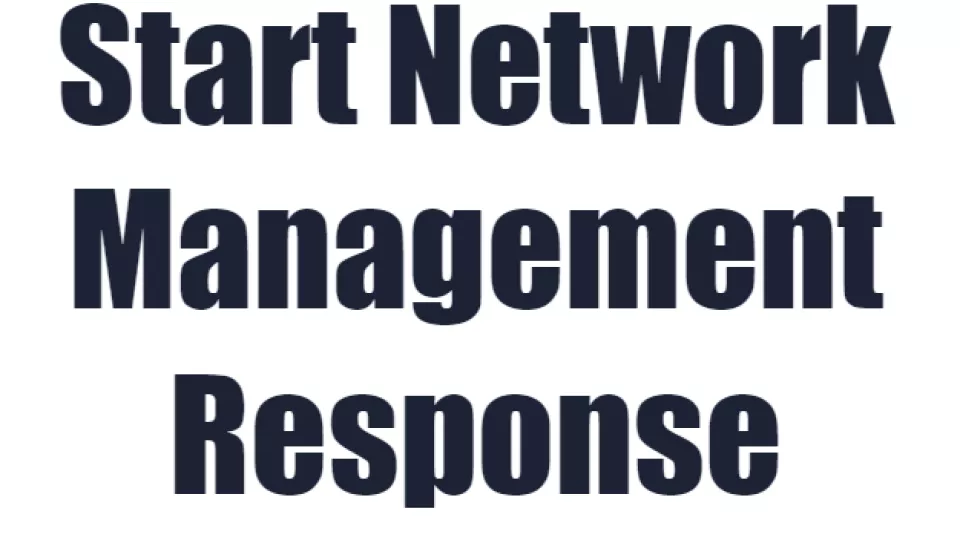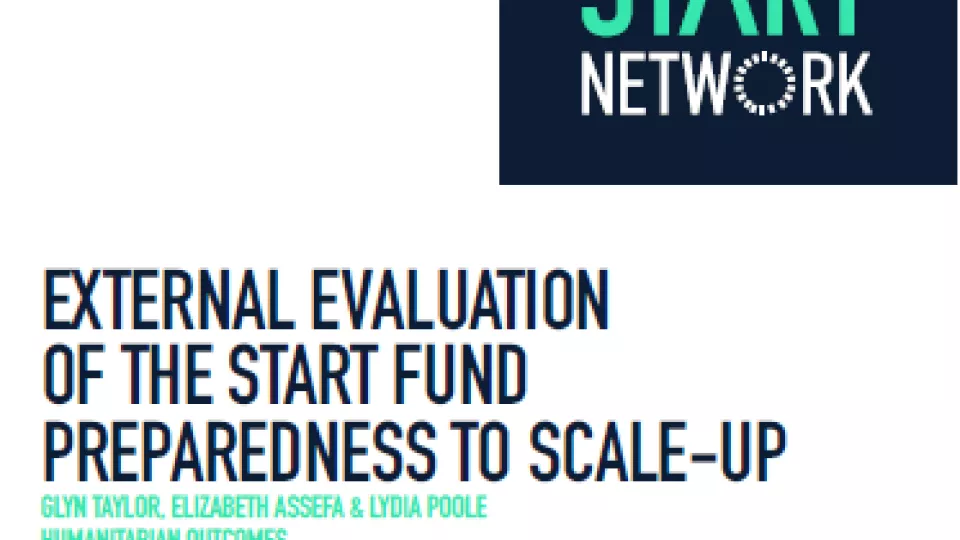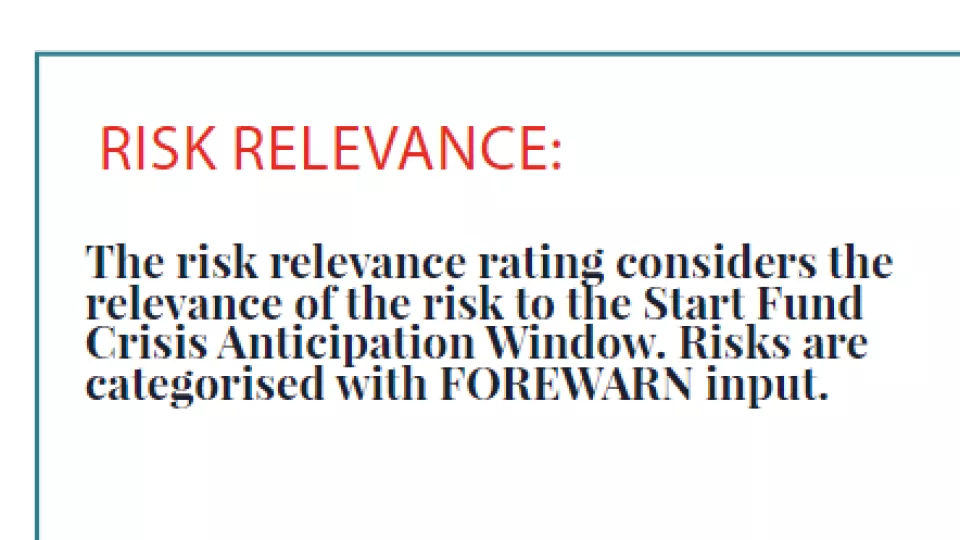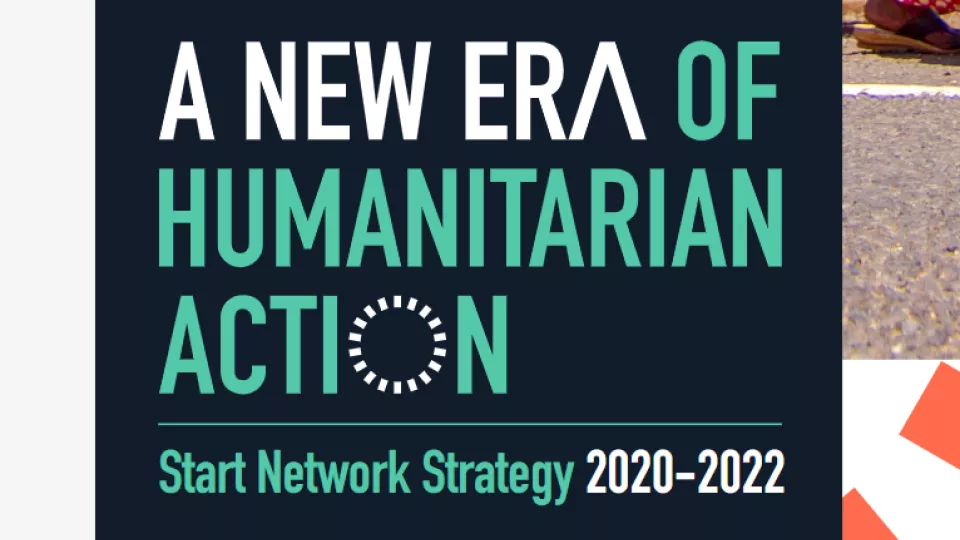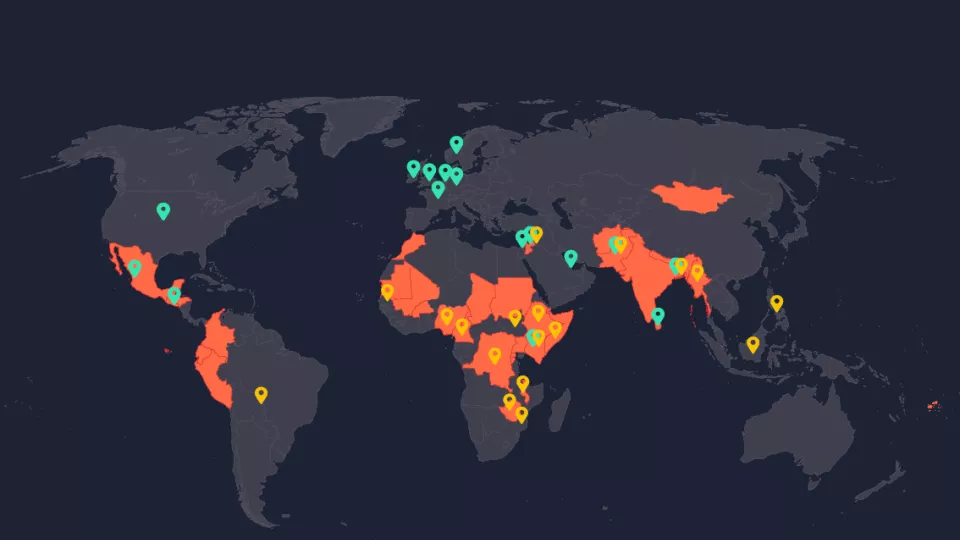The Start Fund has an established practice of providing management response to its external, independent evaluations. Developed through a participatory process, the management response helps to ensure that the evaluations are used, contributing to the Start Funds’ effectiveness, learning, and accountability.
Start Fund constituted an Evaluation Management Response Drafting Committee, comprising of:
Three representatives from the Start Fund Strategic Committee:
John Birchenough from Catholic international development charity, CAFOD;
Jonathan Brooker from Solidarites International UK; and
Saba Mahmood from Islamic Relief Worldwide
and
Start Funds, Head of Funds, Lucile Brethes
Start Fund Manager, Lucretia Puentes
Start Funds MEAL Manager, Chaitali Chattopadhyay
The drafting committee members carried out a wide-range consultation with the broader Start Fund committee members, Start Network Leadership Team and the Board members to develop a comprehensive management response to the evaluation. The document can be accessed here.
The progress against the management response will be presented to the Start Fund Strategic Committee on a regular basis to ensure compliance and accountability towards the committed actions.

